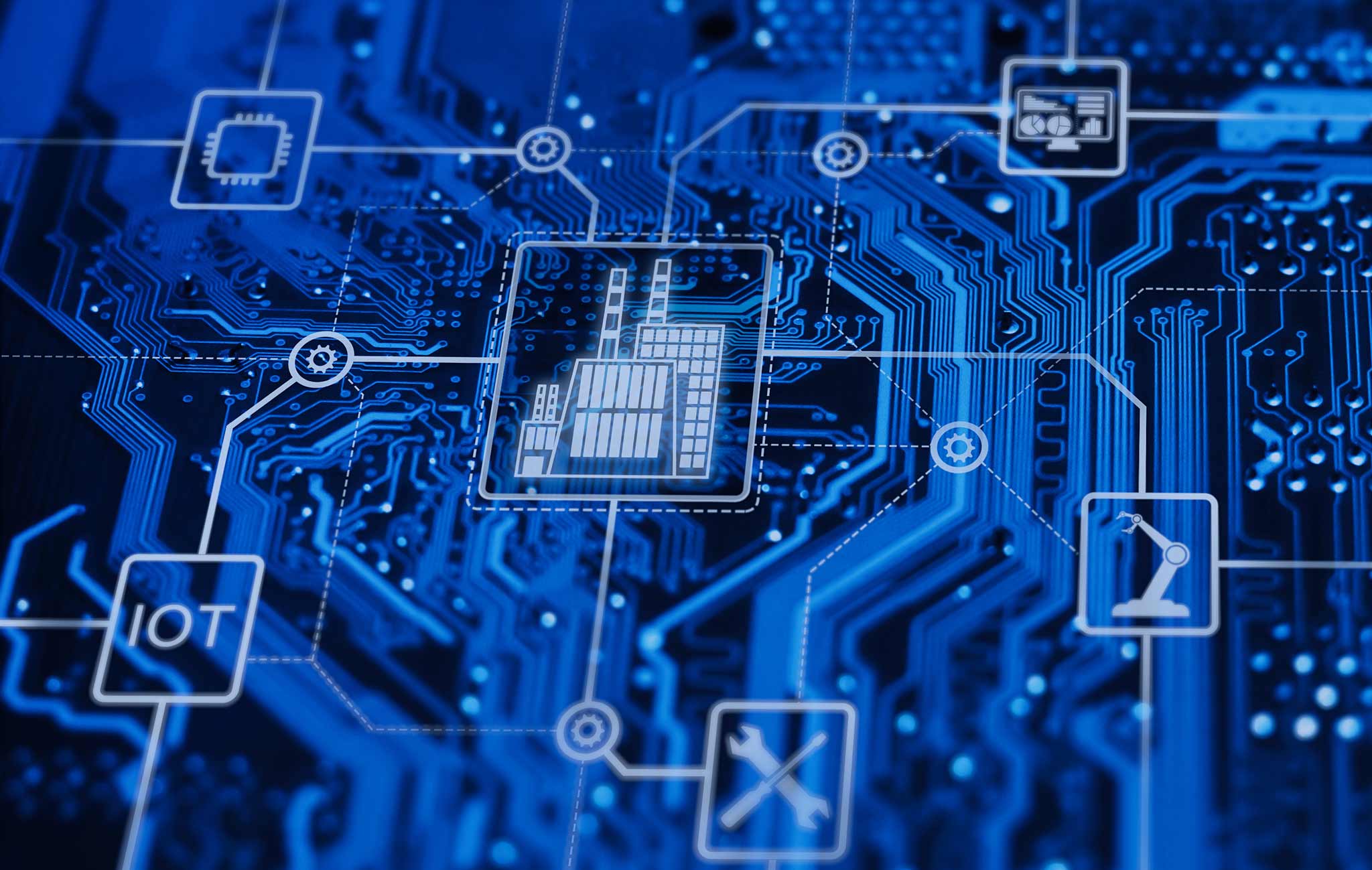Crepost Insights
Exploring the latest trends and stories in the world of news and information.
IoT: The Invisible Force Reshaping Our Lives
Discover how IoT is revolutionizing our daily lives in unseen ways—unlock the future today!
How IoT Technology is Transforming Everyday Life
The Internet of Things (IoT) is rapidly transforming everyday life by connecting devices and enabling seamless communication between them. From smart home appliances that adapt to our routines to wearable technology that monitors health metrics, IoT is enhancing convenience and efficiency. For instance, smart thermostats can learn your heating preferences and adjust accordingly, saving energy and ensuring comfort. Similarly, IoT-enabled security systems allow homeowners to monitor their properties in real time, providing a sense of safety and peace of mind.
Moreover, the impact of IoT technology extends beyond home automation to various sectors such as healthcare and transportation. In healthcare, IoT devices like remote patient monitors are revolutionizing the way medical data is collected and analyzed, leading to improved patient outcomes. In transportation, smart traffic management systems are optimizing traffic flow, reducing congestion, and minimizing travel time. As IoT technology continues to evolve, its ability to transform our daily lives is becoming increasingly apparent, creating a more interconnected and efficient world.

The Impact of IoT on Smart Homes: Convenience or Compromise?
The Internet of Things (IoT) has revolutionized the concept of smart homes, presenting a new realm of convenience for homeowners. With a network of interconnected devices, ranging from smart thermostats to voice-activated assistants, users can effortlessly control their home environments from their smartphones or through automation. This seamless integration allows for optimized energy usage, enhanced security systems, and increased comfort. For instance, smart lighting systems can adjust according to the time of day, automatically creating the perfect ambiance while saving energy. This smart technology is not just a luxury but has become a pivotal aspect in modern living, making daily tasks more efficient.
However, the increasing reliance on IoT devices brings forth significant concerns about compromise, particularly regarding privacy and security. Every device connected to the internet poses a potential risk, as hackers may exploit vulnerabilities to gain unauthorized access to personal information. Moreover, with many smart home devices collecting data to improve user experience, questions arise about how this data is stored and utilized. As homeowners embrace the conveniences of IoT, they must navigate the delicate balance between enjoying smart home technology and safeguarding their privacy, making informed decisions about which devices offer solutions without significant compromises to personal safety.
What is the Internet of Things and How Does it Affect Us?
The Internet of Things (IoT) refers to the network of interconnected devices that communicate and exchange data with each other through the internet. This technology encompasses a wide range of products, from household appliances like refrigerators and thermostats to industrial machines and smart city infrastructure. By embedding sensors, software, and connectivity into these devices, the IoT enables them to collect and analyze data, leading to improved efficiency and enhanced user experiences. For instance, smart home devices can optimize energy consumption by adjusting usage patterns based on user behavior and preferences.
The impact of IoT on our daily lives is profound. It not only enhances convenience and efficiency but also transforms how we interact with our environments. Key applications include smart health monitoring systems that allow for remote patient care, and optimized supply chains that improve logistics and reduce waste. As millions of devices continue to connect and share data, we may see significant advancements in areas such as sustainability, security, and overall quality of life. However, this interconnectedness also raises concerns about privacy and security, making it essential for us to navigate the benefits and challenges of the IoT effectively.